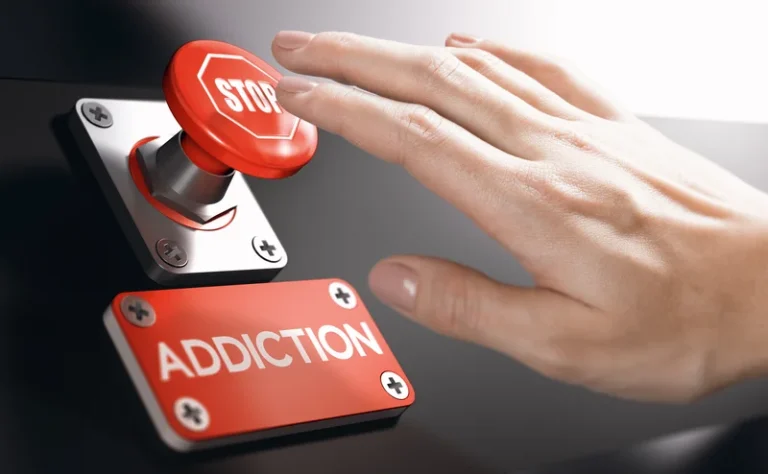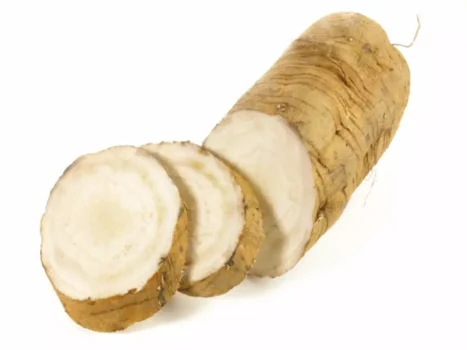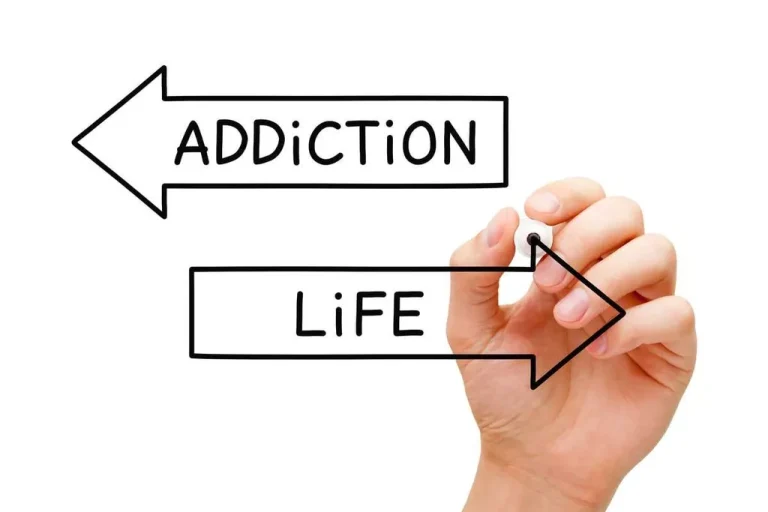
Less frequently, people can develop severe symptoms of alcohol withdrawal syndrome. Individuals with alcohol withdrawal syndrome may experience nausea, anxiety, extreme fatigue, and even seizures and hallucinations. These symptoms occur as a person’s body adjusts to the absence of alcohol in their system. And while symptoms typically improve within 5 days, some individuals may experience prolonged symptoms. Mild withdrawal symptoms can be managed with hydration, rest and a quiet environment.

When are Medications Used in Alcohol Addiction Treatment?
- Medical supervision, behavioral health treatment, and mutual-aid groups can help you through alcohol withdrawal and stay stopped.
- Stress management activities such as yoga and meditation may also help you cope with your withdrawal experience.
- Alcohol withdrawal is a potentially serious complication of alcohol use disorder.
- This could be family members, friends, members of your community, or people in sobriety support groups.
- There are medications and treatments available that can help you get through those first early days of no alcohol consumption.
- Many people are afraid that if they quit drinking, withdrawal symptoms could be difficult to manage, or even dangerous.
And consider joining a support group such as Alcoholics Anonymous. If you decide to get treatment, your doctor can recommend Cure for Alcohol Withdrawal Symptoms the type of care that you need. During an exam, they’ll look for other medical conditions to see if they could be to blame.
Drug and Alcohol Withdrawal Symptoms and Treatment
Ethanol is the primary alcohol that’s ingested by people with alcohol use disorder. It produces euphoria and other effects at low blood concentrations. It’s also a central nervous system depressant, and your body may become more reliant on ethanol the longer it’s exposed to it. Moderate symptoms of alcohol withdrawal may last up to 6 days, whereas severe symptoms may last for 5 to 7 days. You don’t need to be diagnosed with alcohol use disorder in order to quit drinking.
How Long Does It Take To Detox From Alcohol?
Make no mistake about it, alcohol withdrawal symptoms can be severe, and in some cases fatal. If you are a daily drinker, a heavy drinker, or a frequent binge drinker, suddenly quitting will likely produce a wide range of uncomfortable symptoms. An estimated 50 percent of people who have an alcohol addiction will experience withdrawal symptoms if they abruptly stop drinking.
Who Experiences Alcohol Withdrawal Symptoms?
Now, try to keep in mind that even though withdrawal symptoms may be unpleasant, they’re temporary, and treatment is available during this time. If you have severe symptoms, you may require inpatient or even intensive care level monitoring. In these cases, you’re likely to receive one of the various medications, such as benzodiazepines, the most successful in these cases. Tap into your social network to help support you through alcohol withdrawal. Find a supportive friend or family member to be with you while you withdraw and support your new non-drinking lifestyle. For people at low risk of complications, an office visit to your primary care provider, along with at-home monitoring and virtual office visits, may suffice.
- For mild alcohol withdrawal that’s not at risk of worsening, your provider may prescribe carbamazepine or gabapentin to help with symptoms.
- It can be very comforting to know that many people have gone through withdrawal before.
- They’ll want to know if you’ve ever gone through withdrawal before.
- It also includes binge drinking — a pattern of drinking where a male has five or more drinks within two hours or a female has at least four drinks within two hours.
- If you or someone you know shows signs of delirium tremens, go to the emergency room immediately.
- You may need to get fluids intravenously, or through your veins, to prevent dehydration and medications to help ease your symptoms.
DTs can develop in anyone who meets the criteria for heavy alcohol use. For people AMAB, that means drinking three or more drinks per day and 15 or more drinks per week. For people AFAB, that means drinking two or more drinks per day and eight or more drinks per week.

- This is alcohol withdrawal, and it causes uncomfortable physical and emotional symptoms.
- The severity and duration of detox from alcohol withdrawal varies based on many factors and can contribute to the different alcohol detox stages.
- Vitamins B1 (thiamine), B9 (folate), B12 and C are often recommended to aid recovery.
- Because he is a member of a support group that stresses the importance of anonymity at the public level, he does not use his photograph or his real name on this website.
- Depending on the severity of your symptoms, your doctor may recommend monitoring a medical setting or at home.
The prognosis (outlook) for someone with alcohol withdrawal depends greatly on its severity. You may also receive other medications or treatments for related health issues, like IV fluids for dehydration and electrolyte imbalances or antinausea medicines if you experience vomiting. It’s important to be honest about your alcohol use — and any other substance use — so your provider can give you the best care. Symptoms can become severe, and it can be difficult to predict which people will develop life-threatening symptoms.

Find more top doctors on
Treatment may involve a brief intervention, individual or group counseling, an outpatient program, or a residential inpatient stay. Working to stop alcohol use to improve quality of life is the main treatment goal. They help lower activity in your CNS, which is the source of most https://ecosoberhouse.com/ of the dangerous problems with DTs. The most common sedatives are benzodiazepines, but other drug types are possible, too. In rare situations, people with very high CNS activity may need general anesthesia to fully sedate them and avoid the most dangerous symptoms of DTs.
Support Groups
Meanwhile, the brain is producing more and more neurotransmitters, making a person further imbalanced. Common medications include benzodiazepines to help treat symptoms like anxiety, insomnia, and seizures. You might also take anti-seizure meds and antipsychotics, along with other drugs.

This is why some people may be hesitant or afraid to quit drinking. Still, try to keep in mind that these symptoms — though uncomfortable — are temporary. The likelihood of developing alcohol withdrawal increases with the amount and frequency of your alcohol intake. When you engage in chronic heavy drinking, your brain adapts to the presence of alcohol in your blood to maintain homeostasis (a balanced state). As your brain grows accustomed to higher blood alcohol concentration levels, it starts to rely on alcohol to function properly.

